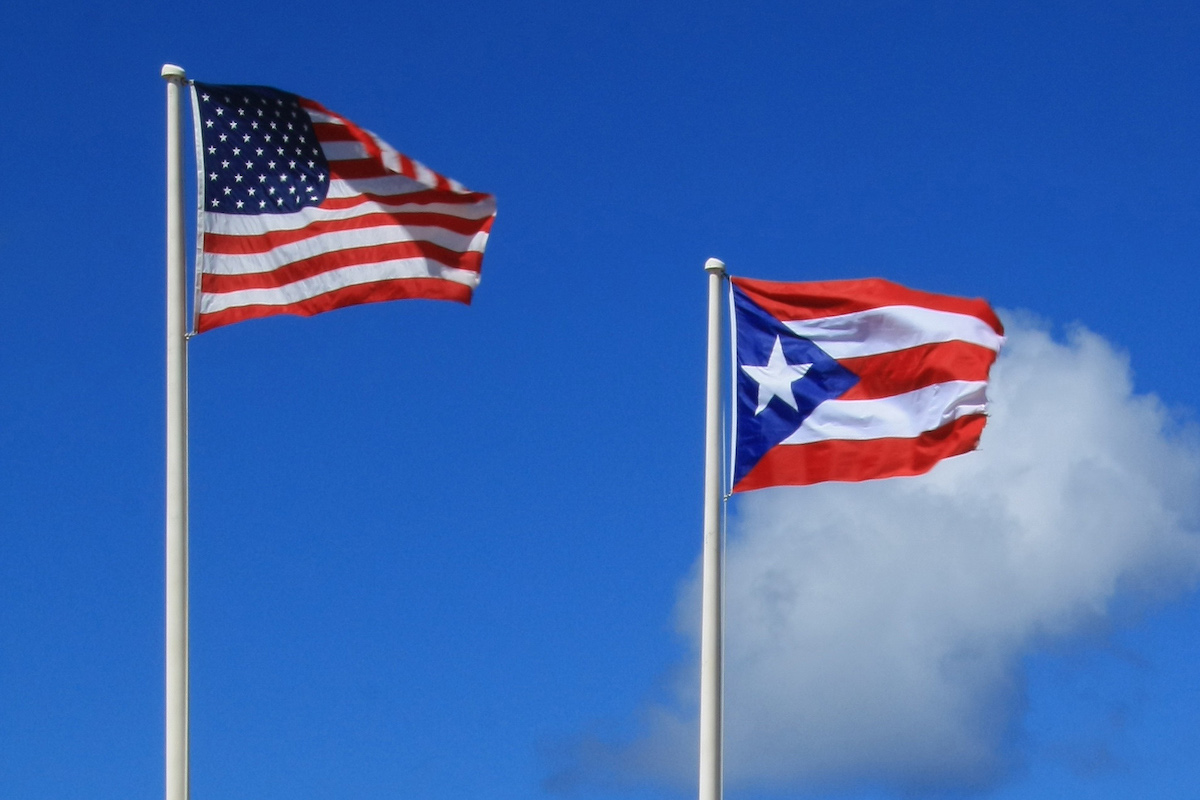A new Change.org petition set up Monday by Puerto Rico’s Statehood Commission is calling on President Donald Trump “to support the admission of Puerto Rico as a state of the Union,” according to a press release from the commission.
The petition, which was created by noted Latino conservative Alfonso Aguilar, one of the commission’s Shadow Representatives, has gotten more than 1,500 signatures over the past day.
“Over 3 million U.S. citizens of Puerto Rico are being denied their full civil and political rights and are under an undemocratic and discriminatory territorial status that stifles the full social and economic development of the island. While the majority of the people of Puerto Rico have already voted twice to make the island a state in 2012 and 2017, Congress has chosen to ignore the results,” part of the petition read.
Serious questions about the results of the 2012 and 2017 non-binding plebiscites still remain. The 2017 results were the lowest support for statehood since 1967, and even though the statehood vote got 97% support, only 23% of Puerto Rico’s electorate voted. In addition, after the Ricardo Rosselló administration said that the Department of Justice had blessed the language of the 2017 vote, the DOJ said that it did not review the final ballot and had asked for the vote to be delayed until it could agree with language that would have led to more federal backing (and dollars) of a plebiscite. Pro-statehood governor Rosselló decided to not delay the June 2017 vote. As a result, the Department of Justice never acknowledged the results. Rosselló said back then that the plebiscite did not need the backing of the federal government. Three months later, Hurricane María happened.
In 2012, Puerto Ricans clearly voted against the current Commonwealth status, but the second part of that non-binding plebiscite included close to 500,000 blank votes, leading statehood opponents to insist that there was no clear mandate. However, the 2012 plebiscite did achieve a fact: the current colonial model doesn’t work and if one were to achieve actual clarity, there must be a binding plebiscite hat eliminates Commonwealth as an option.
Plebiscite politics, however, have not dissuaded Rosselló and his pro-statehood agenda. During his speech where he announced to his pro-statehood party that he will run for re-election in 2020, he said the following in Spanish: “I invite you to reflect about what our citizenship means and what is still needed for us to reach a first-class citizenship. Full equality can be achieved only through statehood.”
Los invito a reflexionar sobre lo que significa nuestra ciudadanía y lo que nos falta para llegar a una ciudadanía de primera clase. La igualdad plena solamente se logra con la #Estadidad. #Visión2020 @pnp_pr pic.twitter.com/V9E4SnxnXm
— Ricardo Rossello (@ricardorossello) March 5, 2019
Last week, Rosselló said that he would welcome a simple “statehood — yes or now” plebiscite before November, 2020, turning the plebiscite into an electoral part of his re-election platform. Members of Rosselló administration said that they have begun to advocate for this type of plebiscite in Congress, although there is no indication that such advocacy has caught the attention of federal lawmakers.
The Commission’s release also said that the “petition serves as part of an ongoing advocacy effort by the Puerto Rico Statehood Commission that has included direct congressional outreach, public events such as town halls and memorial ceremonies, dear colleague letters, as well as multiple media appearances.”
According to the release, the Puerto Rico Statehood Commission was created by Rosselló. It “serves as Puerto Rico’s Shadow Congressional Delegation and aims to garner support for Puerto Rico statehood through advocacy efforts and congressional outreach. The Commission’s members are former governors Pedro Rosselló González [ED.—the current governor’s son], Luis G. Fortuño, Carlos Romero Barceló; GOP Committeewoman Zoraida Fonalledas; DNC Committeeman Charles Rodríguez; and Retired Colonel Luis Berríos-Amadeo.”
Although Aguilar was credited with creating the online statehood petition, he was not listed at the end of the release as being one of the Statehood Commission’s members. Latino Rebels reached out to the Commission to see if this was an oversight. The Commission did say that it was an error and has apologized for the unintended omission.



